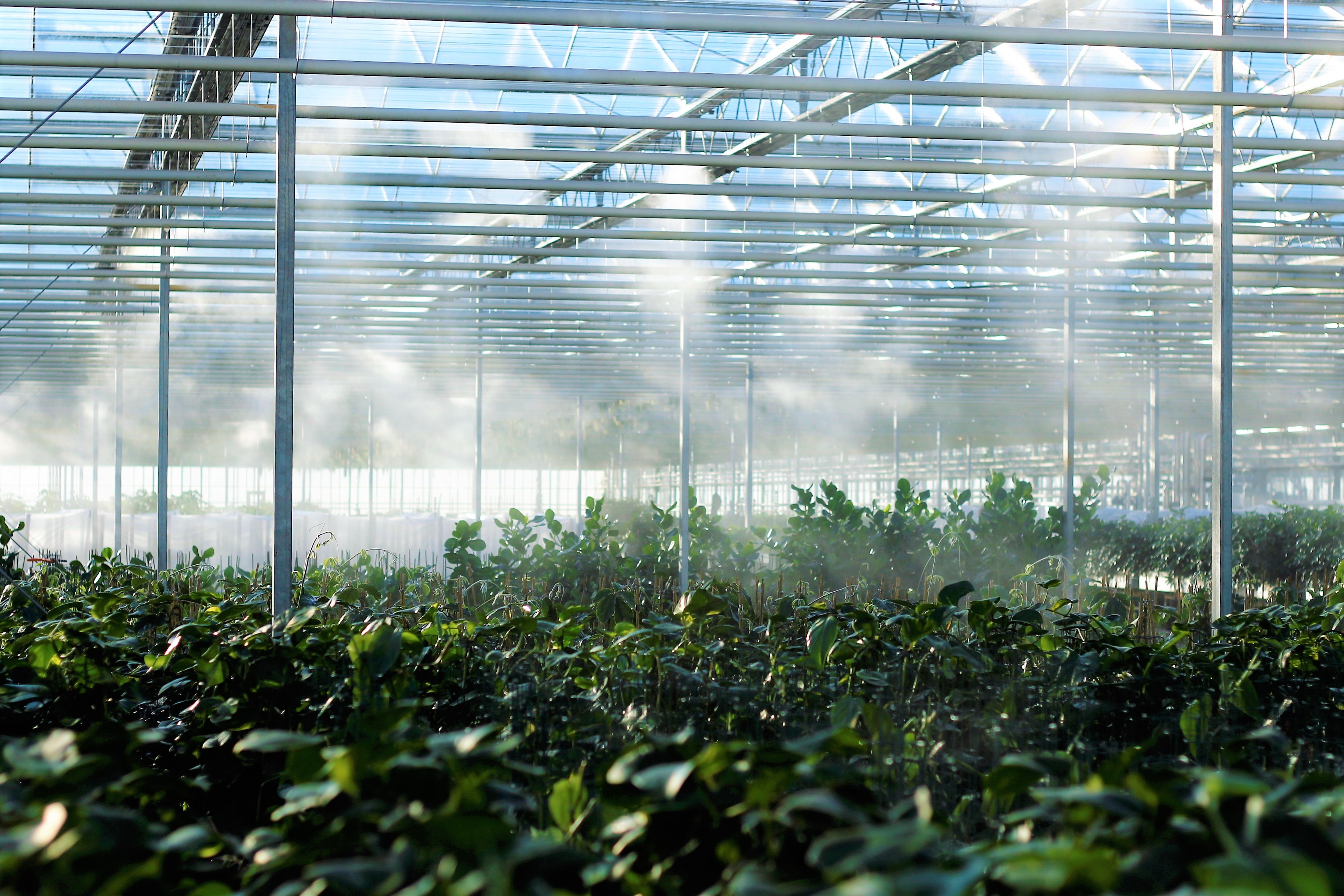Controlled environment agriculture specialist Light Science Technologies (LST) has set its sights on global expansion with the appointment of consultant Richard Mills via his agency Arkif.
Light Science’s aim is to identify and establish opportunities for partnerships to sell its systems, which include lighting, sensors, and control systems. It has already scoped potential partnerships in North America, Australasia, and the Middle East, where it estimates the total addressable market for grow lights alone is expected to be worth $6.5bn by 2026.
In a previous role, Mr Mills expanded agricultural technology business Haygrove’s growing systems division internationally as well as elevating it into higher value field-scale greenhouse technology, which delivered 80% revenue growth and a 300% improvement in profitability.
Simon Deacon, Chief Executive Officer of LSTH, commented: "We are delighted to bring Richard's extensive experience of CEA into the team. Whilst the UK and European CEA Markets are struggling due to high input costs, there are Global regions with challenging climatic conditions that are not as heavily impacted by these high input costs, where CEA is currently flourishing. We believe that our products will provide value in these markets and look forward to working with Richard to develop and monetise these opportunities."
View from Vox
It’s been a busy few months for Light Science Technologies, which has also seen it complete the acquisition of greenhouse and polytunnel control system specialist Tomtech as well as releasing impressive half-year results which saw it deliver a 22% revenue increase to £4.4m and a much-reduced pre-tax loss of £0.8m.
Although contract electronic manufacturing (CEA) remains its main revenue generator, the shift to controlled environment agriculture is gathering pace, supported by a £1.45m fundraising last April to develop CEA products.
CEA holds immense importance in modern farming. By providing precise control over temperature, humidity, light, and nutrients, CEA maximizes crop productivity while minimizing resource usage. This sustainable approach ensures year-round production, reducing the impact of weather-related disruptions.
CEA also allows for the cultivation of crops in urban areas, reducing transportation costs and food miles. Additionally, it conserves water, minimizes pesticide use, and promotes healthier, pesticide-free produce. In an era of climate change and food security concerns, CEA offers a promising solution for efficient, resilient, and sustainable agriculture, with Light Science positioned well to provide solutions.

